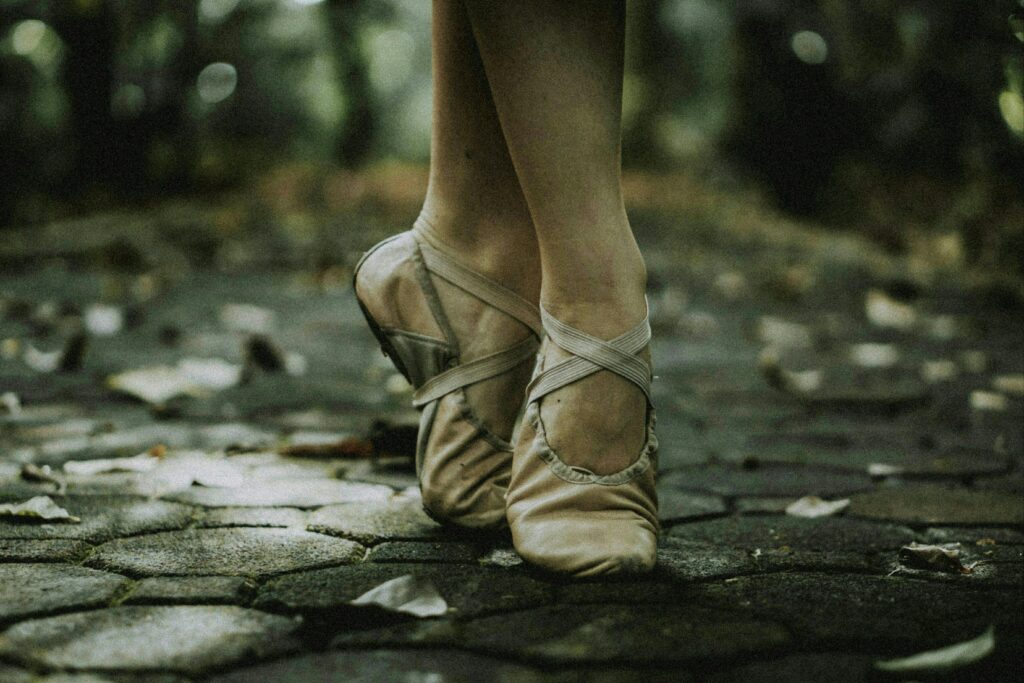Dance: Strength, Delicacy, and Dignity
An art that builds body, character, and soul: let us defend authentic dance, a source of beauty, strength, and dignity

Every April 29th, we celebrate International Dance Day, an opportunity to recognize a wonderful art that unites expression, discipline, and beauty. When cultivated authentically, dance does so much good: it builds the body, educates character, teaches discipline, and uplifts the soul.
This weekend, on the occasion of this celebration, I attended a performance in my city. There, I saw a girl with autistic traits take over the stage in a way that deeply moved me. Beyond any limitations, she enjoyed herself. It was beautiful to see her serene and happy, embracing the music with her whole being. She was a living testament to how dance, when properly guided, can liberate and bring out the best in a person.
However, this experience also led me to an important reflection. As parents and educators, we must be mindful of the type of artistic education we offer our children. Today, we see how many dance academies, unfortunately, promote a distorted image of dance: they ask for expensive costumes to dress girls as little “Lolitas,” and they teach choreography that exaggerates sexualized gestures, departing from the true nobility of the art.
It’s very easy to put a girl on stage and teach her to move provocatively. What’s difficult—and what’s truly valuable—is to transmit the combination of strength and delicacy that classical ballet demands. Strength in technique, in posture, in constant effort. Delicacy in movement, in expression, in the grace that springs from a healthy and luminous femininity.
This union of strength and tenderness is not only characteristic of ballet, but deeply inherent and natural in women: called to be firm and gentle, resilient and loving, strong in struggle and delicate in manners.
When an academy distorts this teaching, the damage doesn’t stop on the stage. Inevitably, girls carry these gestures and attitudes into their daily lives: on social media, in nightclubs, in relationships. Doors are opened to confusion and hurt that could have been avoided. Not everything is valid. Not everything should be allowed.
The famous movie Dirty Dancing put it bluntly: “There are things you can learn in a haystack, but you shouldn’t pay to learn them.” And yet, today, many parents, without realizing it, pay twice: they pay for the academy, they pay for the wardrobe—and they pay, even more painfully, for the loss of their daughters’ innocence and dignity.
Dance is a reflection of God’s Beauty. When taught well, it also teaches respect for oneself and for others. To teach true dance is to form a harmony between body and soul, between effort and grace, between strength and delicacy.
Let us not be afraid to demand. Let us invest time and money in academies that teach with rigor and respect, that preserve innocence, that elevate the heart. Because, in the end, educating in beauty is sowing freedom, truth and love.
Related

Cardinal Felipe Arizmendi: Passion for Christ, Passion for his People
Felipe Arizmendi
30 April, 2025
5 min

Authority and Good Humor
Edistio Cámere
30 April, 2025
3 min

The Four Seasons of Your Life: Much More Than Music
P Angel Espinosa de los Monteros
28 April, 2025
3 min

A Pope Never Goes Away
José Antonio Varela
28 April, 2025
4 min
 (EN)
(EN)
 (ES)
(ES)
 (IT)
(IT)

